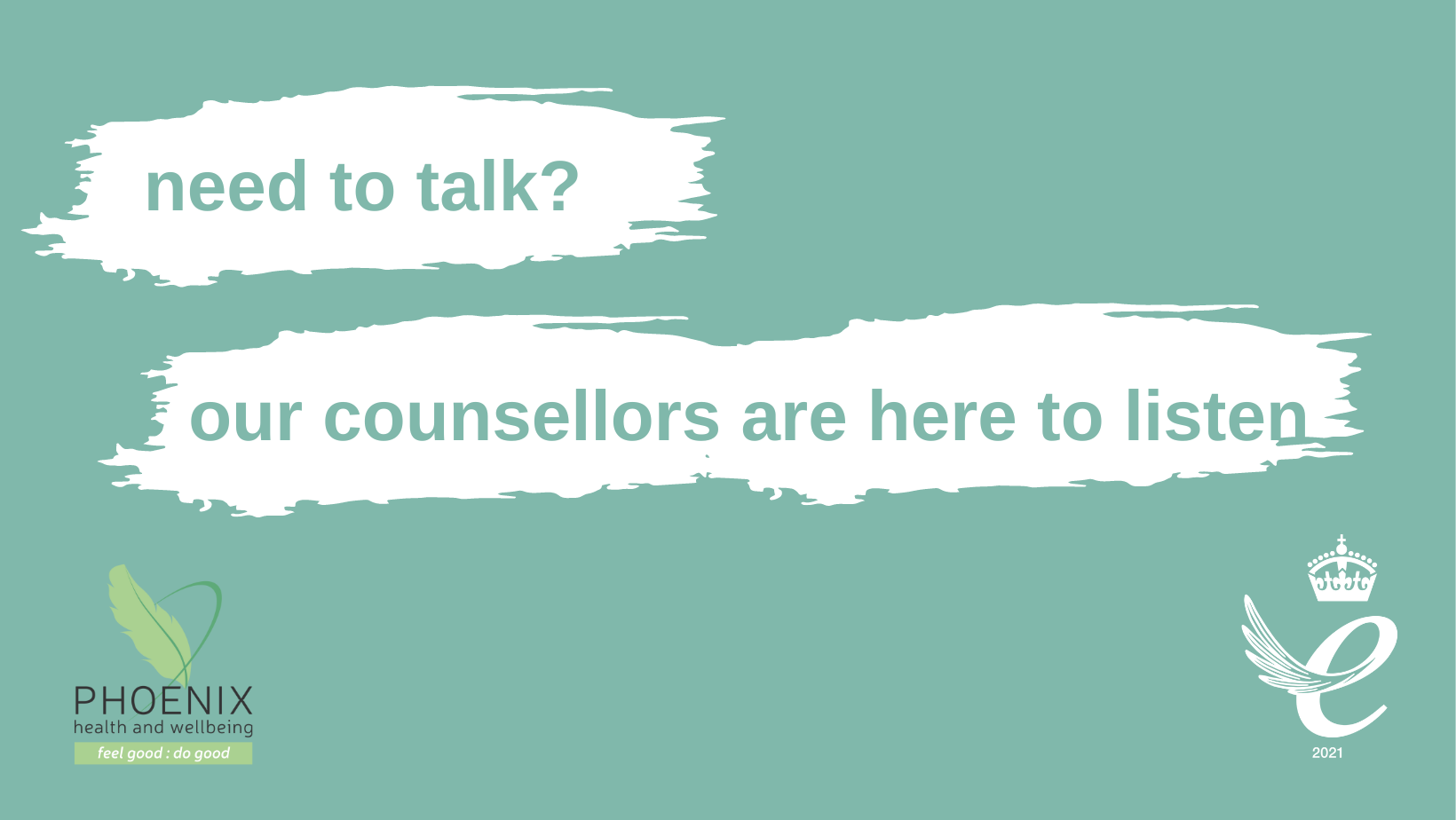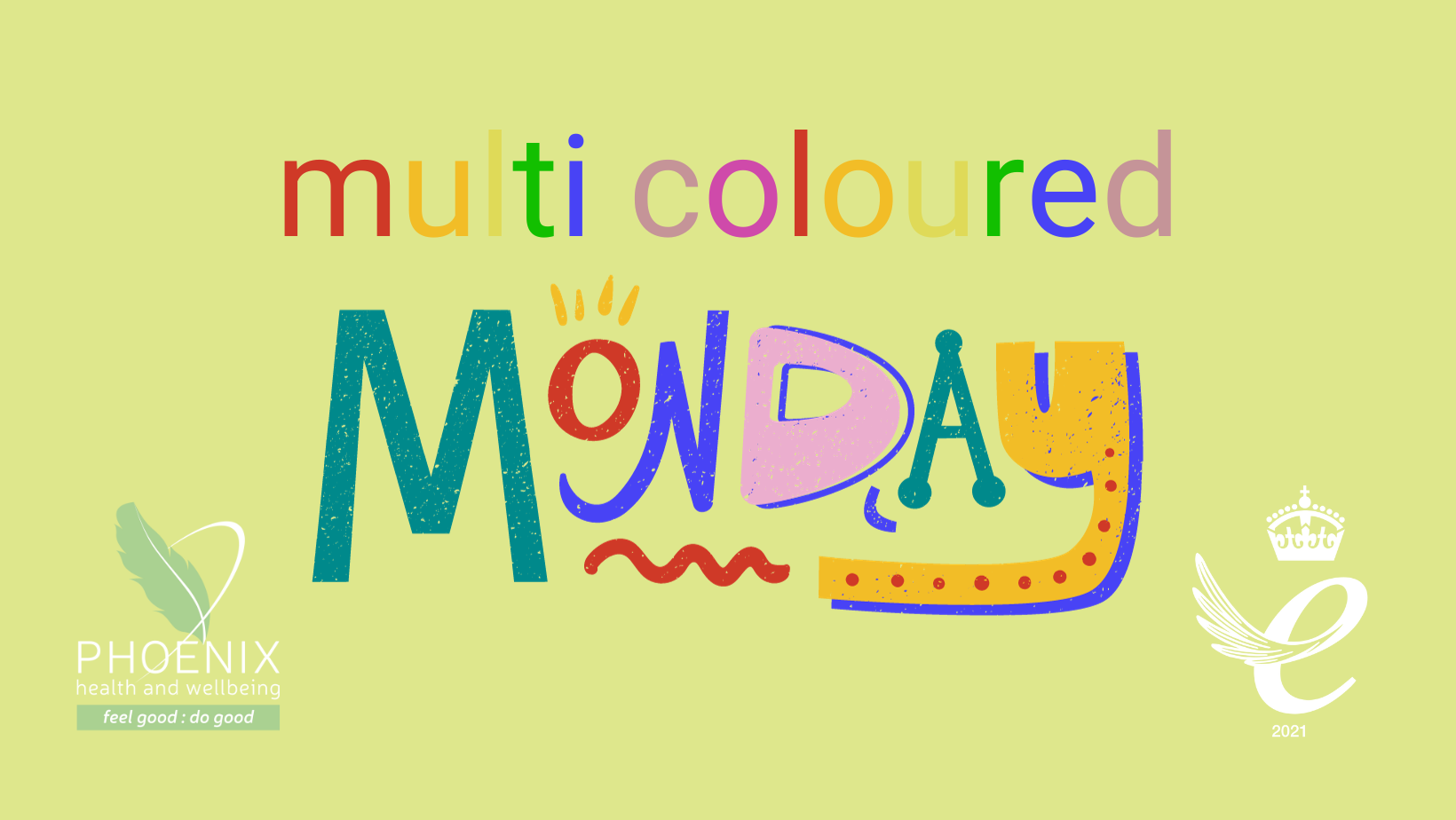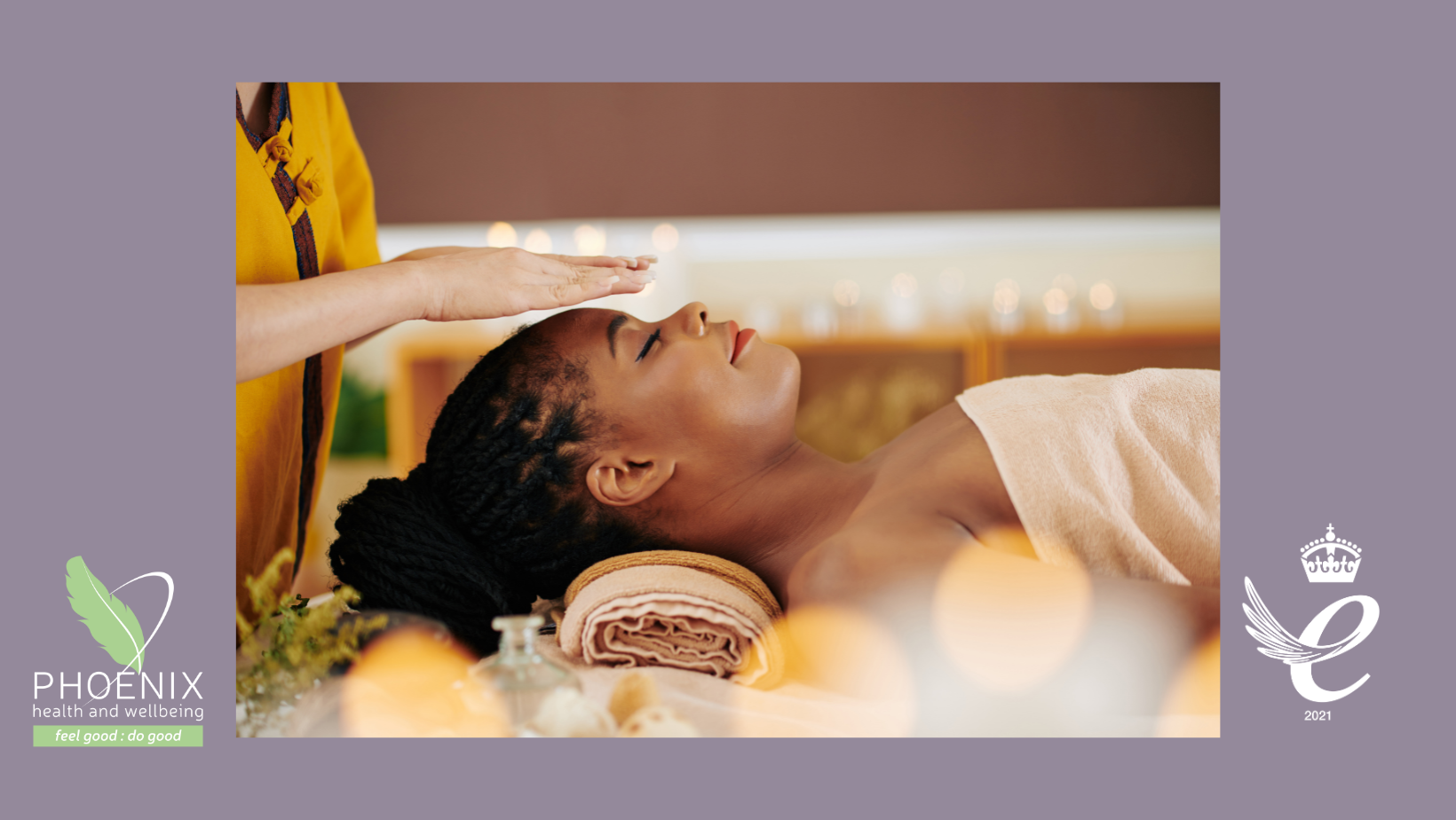
Loneliness in the LGBT community
It’s Mental Health Awareness Week and this year the theme is loneliness. We can all experience this at some point in our lives. Usually it’s a fleeting sensation, something that we know will pass because we have friends, peers or family who come along and crash through the lonely vibe.
For some though, the feeling of loneliness doesn’t pass. There might be real, tangible reasons for this – moving to a new town for a new job can be really isolating or being housebound with few or no visitors. Or loneliness can be an emotional state. People can feel isolated and lonely, even though they are surrounded by others.
One group in society who report high levels of loneliness are the LGBT community. There are many reasons as to why queer people are more likely to experience loneliness than cisgender and heterosexual people. Here are a few:
Discrimination
Because queer people are more likely to face discrimination in every aspect of life, this can lead to feelings of isolation and loneliness. They may not be accepted into spaces, workplaces, or social settings because of their sexuality or gender identity.
Disconnect from family
Whilst acceptance seems to be getting better, for many members of the LGBT community their sexuality and gender identity is a reason for their disconnect to their family members. Queer people could be thrown out of their family homes simply for their sexuality. Even factors such as not wanting to disclose their relationship status with their family through fear of rejection can lead to feelings of isolation.
Loneliness in older members of the LGBT community
Research shows that older LGBT people are especially vulnerable to loneliness.
A survey done by Stonewall showed that queer people over the age of 55 were more likely to be single, live alone and have mental health issues than their straight counterparts. All factors which contribute to loneliness.
They are also less likely to engage with local services. Research shows that 4/5 older LGBT people do not trust professionals to understand their culture or lifestyle. This leads people to not get help when they need it.
Another factor is that a lot of queer culture is centred around young people. If you think about queer spaces, the first thing that springs to mind is often gay clubs or lesbian bars – all centred around drinking culture and predominantly attracting young queer crowds. It is sometimes harder for older LGBT people to meet others in the community.
Older queers are also very often excluded from LGBT+ representation that we see on our screens. So, in this way they may feel isolated from not only their straight counterparts but also the queer community itself.
Trans exclusion
A study showed that 36% of trans people experienced discrimination or poor treatment in their local LGBT community due to being trans.
For example, the rise of trans-exclusionary feminists, who feel as if trans women are not ‘real’ women and therefore aim to exclude them from female discourse. This is one of the many anti-trans movements that can be found even within the queer community.
Exclusion from a community that should be inherently welcoming to you and your identity can certainly lead to feelings of isolation and loneliness.
My experience of loneliness as a queer
I’ve never had too much trouble making friends, and from an early age have loved being in the company of lots of people. Loneliness in terms of actually being alone was never something I had to face.
My sexuality, however, brought with it a different type of loneliness. My personal definition of loneliness largely comes from the moments when I feel isolated in my experiences. That is, the feeling of distance from people who you feel like you cannot relate to.
Growing up queer, I felt this loneliness in times when I was surrounded by my straight friends. Girls talking about boys, or dressing in traditionally feminine ways, entering straight relationships – small things that made me feel as if I was different from them. I could be at a party in a room full of people, but it was my identity, rather than the amount of people I was around, that led to loneliness.
I found different ways to navigate this as I got older. As a film nerd, I love to watch queer films. I realised that this was something I was subconsciously doing to combat loneliness: watching characters who have lived an experience so similar to mine and seeing how they are like me in navigating the world really made a difference. I found myself to be less lonely in my experience of being queer when I could relate to others, fictional or not.
I’m also lucky enough to have found lovely LGBT friends, especially since going to university. These friends can relate to my experience and make that experience feel a little less lonely, as we all go through it together.
I also love going to queer spaces: gay clubs, lesbian book shops, pride marches, queer film festivals. I actively look for spaces in which people are like me and can relate to my experiences.
So for me, tackling loneliness isn’t just about throwing myself into a mass of people, but rather, finding those people who know what it means to be queer.
Support groups:
There are loads of LGBT support groups out there if you’re struggling to find people similar to you. Below is short list of some in Leeds, but there are many more!
Find loads more on Yorkshire MESMAC:
Phoenix Health & Wellbeing is a Charity and social enterprise. We use the proceeds from treatments such as counselling and massage therapies to subsidise sessions for those who would not otherwise be able to access our therapies. Roughly £4 to every £10 spent with us will go to help others.
If you would like more information about Phoenix Health and Wellbeing click here . If you would like to know more about our other therapies click here. For information on our charitable work follow this link or call us on 0113 234 0181
Opening times:
Monday to Thursday from 10:00 to 20:00
Friday and Saturday from 11:00 to 16:00
Sunday closed.




